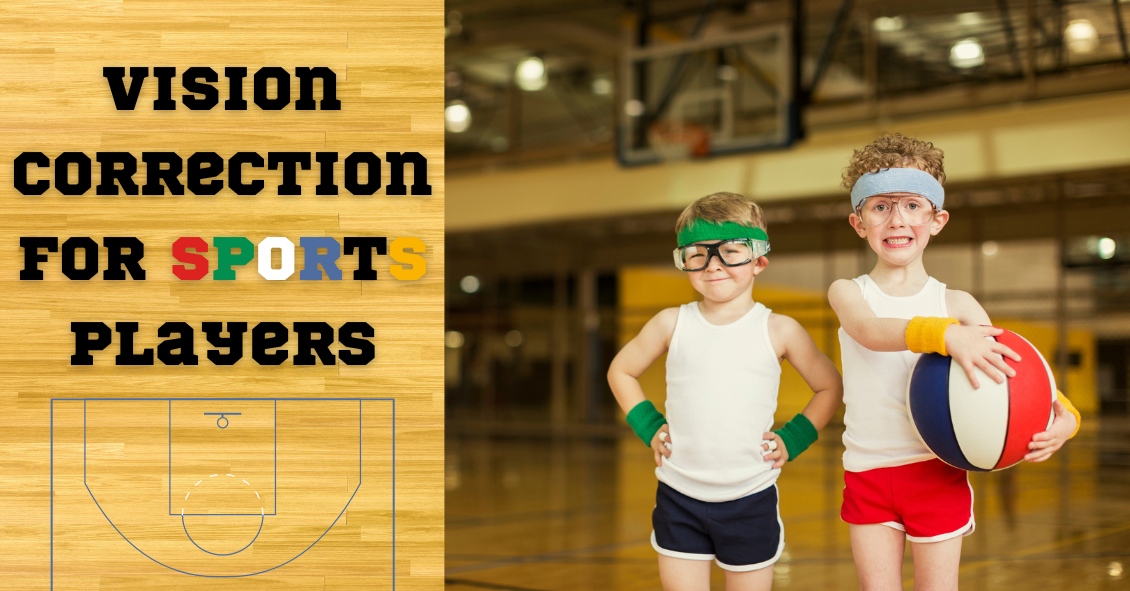
Nowdays, many people prefer shopping online to shopping in stores for many of their needs.
With technology constantly improving and evolving, people like the convenience of shopping online. Whether it’s clothing, electronics, or even food, you can easily find almost everything you need on the Internet.
Eyeglasses, unfortunately, are no different. Many online shops have been popping up in recent years, offering people that same convenience. But what they don’t tell you is that it comes at a price, and this article’s purpose is to shine a light on the negatives of shopping online for eyeglasses.
Here are some important reasons to avoid the temptation of ordering glasses online.
- Accuracy- Instead of saving the most important point for last, we will focus on the main reason that ordering eyeglass online is not the best choice. Product accuracy is a huge reason that the online market has not completely taken off. Every person who needs eyeglasses needs to understand the process for how their prescription is obtained in order to truly understand why shopping online is not ideal. It is called an eyeglass prescription for a reason. Your ophthalmologist or optometrist is prescribing your lenses as if they were prescribing any form of medication. To take that prescription and hand it over to a website that does not require licensed workers to interpret the prescription is not the wisest choice. Equally as important as the prescription itself are the pupillary distance (PD) and the optical centers measurements. These measurements are not given at the time of the examination by the ophthalmologist or optometrist, but instead are administered by the optician at the point of sale. Not having these measurements done accurately will negatively affect the quality of vision as much as an error in the prescription.
- Quality- The quality of the product you are purchasing is often affected when making the decision to purchase online. The saying “too good to be true” is the case more times than qualified optician. Websites rely on mass production in order to operate. Factory workers operating machines pale in comparison to the experience you will receive in a professional office. Skilled opticians who interpret and manufacture your eyeglass prescriptions are held to a much higher standard than factory workers.
- Warranty- Due to their low prices, most of these websites do not include any form of product warranty or guarantee. Local eyecare practices, however, stand behind your purchase. If there are issues with adjustment or a patient not being comfortable in a specific lens or product, professional optometrists and opticians are willing to work with you. This personal experience is not attainable on the web.
- Coordination with Your Doctor- With the complexity of eyeglass lenses, the ease of working in house is always a benefit worth keeping in mind. Eyeglass lenses can be very complex products. Having the benefit of being able to work directly with the doctor gives the optician the best chance to put you in the exact lenses you need. There is a substantial difference in the percentage of error between shopping online and the care you get in a private practice.
- Personal Experience- The biggest factor for many people is that the personal experience you get when shopping in person is something you cannot obtain by using the Internet. Dealing with the same opticians year in and out is something patients emphasize and appreciate. Just like people tend to keep the same doctors over the years, patients like knowing that the same people will be in charge of making/ordering their glasses. Shopping online will not offer that experience.
All of these factors should be carefully weighed when making the decision to shop online. While the initial price difference could entice you at first, know that it does come at a price. Whether it be a warranty, quality, or convenience issue, all of these are very important factors when buying glasses. People sometimes tend to discount how intricate eyeglasses are.
Purchasing eyeglasses is handled best in person by professionals who can provide you with the utmost care and quality.
Article contributed by Richard Striffolino Jr.
The content of this blog cannot be reproduced or duplicated without the express written consent of Eye IQ
 There are many options available to adults and children for corrective lenses (glasses and contacts) when engaged in phys...
There are many options available to adults and children for corrective lenses (glasses and contacts) when engaged in phys...


